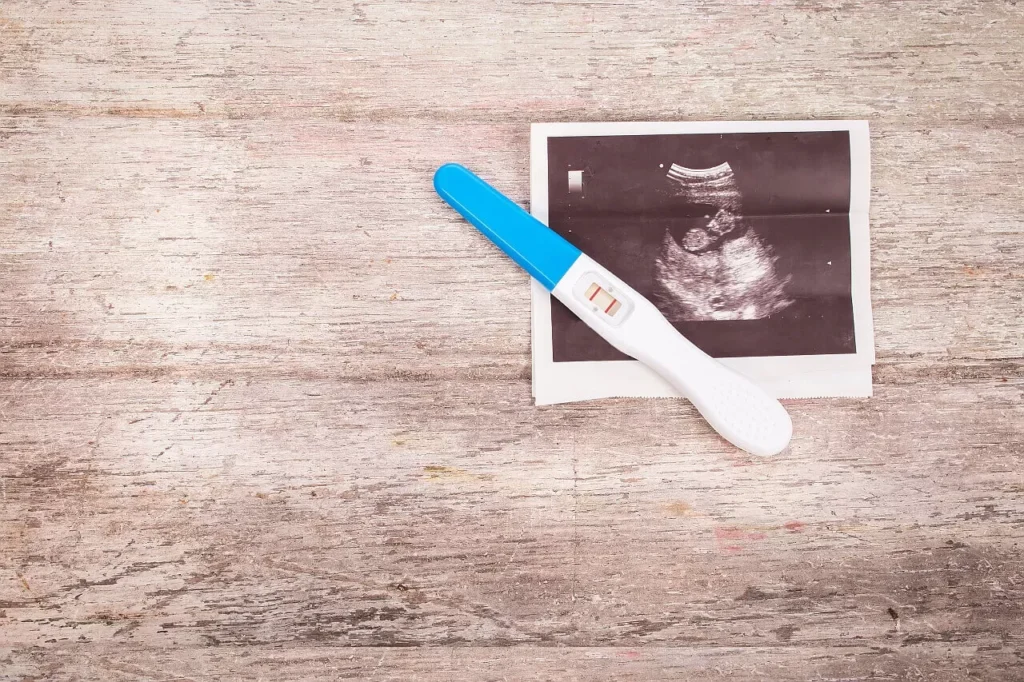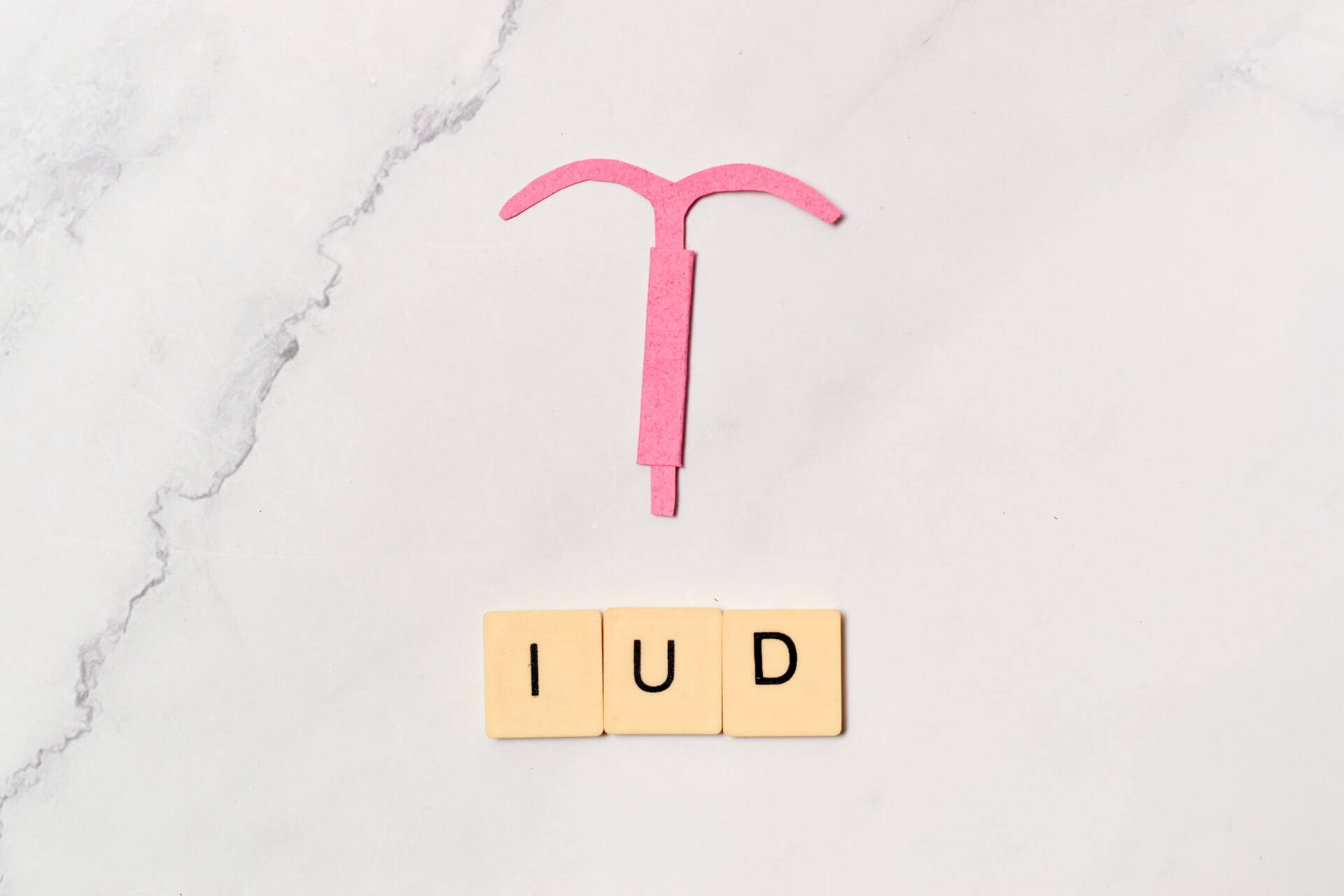Taking a home pregnancy test is always a puzzle. The accuracy of the results depends a lot on when you take them and what the lines in the test screen reveal. And – does the faint line on a pregnancy test now mean, you’re pregnant – or not?
Expectant parents aren’t exactly known for their patience, especially when it comes to checking – and rechecking – whether or not their efforts to have a baby have been successful.
If you’re in this group, you’ve probably stocked up on pregnancy tests and use them on a regular basis.
But while they’re an affordable, easy and convenient way to find out if you’re pregnant, home pregnancy tests can be puzzling, especially if you’re very early in your pregnancy.
Deciphering Pregnancy Test Results: Understanding Faint Lines and Positive Signs
Here’s a guide to help you decipher the meaning of these little lines or positive signs. A missed period is one of the earliest indications that you are pregnant.
You should perform a test as soon as feasible. You can even take a home pregnancy test before your first missed period if you experience extremely early pregnancy signs, such as implantation bleeding.

What does a very faint line on a home pregnancy test look like?
Depending on the type of pregnancy test you use, you may see a plus or minus sign or, more often, one or two lines in the window indicating the result.
Read the instructions on the pregnancy test package carefully to find out what to look for.
Pregnancy Test Results: What a Strong Line or No Line Could Mean
If you are pregnant, but still very early in your pregnancy, the line or double line on your test will likely be hardly visible, like a chalk smear – a faint line.
If you are more advanced and hormones are circulating, the line on your pregnancy test will look like markings drawn with a Sharpie.
The absence of a line or a positive result does not necessarily mean that you are not pregnant (although it is a possibility).
It could simply mean that there is not yet enough human chorionic gonadotropin (hCG), the hormone produced by the cells that form the placenta after implantation, to be recognized by the home pregnancy test.

What does a very faint line on a pregnancy test indicate?
A very faint line on a pregnancy test typically means that implantation has taken place and that you are in the initial stages of pregnancy. However, you should re-test a few days or weeks later to see if the faint line has become stronger and darker, which means that your pregnancy is advancing – and you can rejoice!
You may see a faint line on your pregnancy test and have your period a few weeks later, which means you’re not really pregnant or you’ve only been pregnant for a short time.
This doesn’t mean that the test didn’t work, but you may have been experiencing a very early and frequent pregnancy loss, called a chemical pregnancy. It may also point to other types of early pregnancy loss, such as an ectopic pregnancy.
Understanding Weak Pregnancy Test Lines: What They Mean and What to Do Next
As disturbing as this may be, you probably never would have realized what was happening if this weak line hadn’t alerted you, and the event has no impact on your chances of getting pregnant again. In fact, it can be considered positive, as it is proof that you can get pregnant successfully again.
The best way to know for sure that you are pregnant is to make an appointment with your gynecologist/obstetrician and take a blood pregnancy test to confirm the pregnancy. This test provides a number for your hCG level, which your doctor can use to tell if everything is okay in the early stages of pregnancy.
What does a positive pregnancy test result look like?
A positive pregnancy test result usually looks like a plus sign, two double lines, or a line in a circle or results window, although there are other types of test results, including numeric results that indicate “yes” or “pregnant” if the result is positive.
Can a barely visible pregnancy test result be negative?
A barely visible pregnancy test result usually can’t be negative – because it detected hCG – the pregnancy hormone – but it can indicate a false positive for a true pregnancy or early pregnancy loss. You may also get a false negative result.
Most home pregnancy tests claim to be 99% accurate – and when tested by lab technicians under ideal conditions, they probably are – but studies of home pregnancy tests used in the real world by women at home suggest they are somewhat less reliable.
False Positive Pregnancy Test Results: Possible Causes Beyond Pregnancy
Here are some cases where you may see a faint line on a pregnancy test but not actually be pregnant or have a nonviable pregnancy:
- Menopause. When a menopausal or perimenopausal woman skips her period and takes a pregnancy test, the results are sometimes (but rarely) positive because the level of luteinizing hormone is abnormally high.
If you are taking fertility and other medications. False positive results can be caused by traces of fertility medications or other hCG-containing medications (although this is unlikely). If you have had an hCG injection as part of fertility treatment, the levels may remain high for at least seven days afterwards, even if you are not pregnant. - If you have an pregnancy loss. A false positive result may also indicate a recent chemical pregnancy, an ectopic pregnancy, or another type of very early miscarriage.
- Disease. Very rarely, certain cancers that interfere with hormone production can cause a misleading pregnancy test.

Here’s why you can be pregnant and still see a negative result on your pregnancy test:
While a faint line on a pregnancy test can be an exciting indication of pregnancy, it is important to keep in mind that there can be other factors that contribute to a faint line or false positive results.
Here are some possible causes of a faint line on a pregnancy test:
- Testing too early: If a pregnancy test is taken too early, there may not be enough pregnancy hormone (hCG) present in the urine to produce a strong line. In this case, the line may be faint or barely visible. It is recommended to wait until after a missed period to take a pregnancy test for the most accurate results.
- Diluted urine: If a pregnancy test is taken with urine that is too diluted, it may affect the accuracy of the results. This can be due to drinking excessive fluids before taking the test or using a sample that is collected later in the day. It is recommended to take a pregnancy test with the first morning urine, which tends to be more concentrated.
- Medications: Certain medications, such as fertility treatments, can contain hCG and affect the accuracy of a pregnancy test. It is important to speak with a healthcare provider about any medications being taken before taking a pregnancy test.
- Medical conditions: Certain medical conditions, such as ovarian cysts or tumors, can cause elevated levels of hCG and lead to a false positive pregnancy test result.
If a faint line is observed on a pregnancy test, it is recommended to re-test a few days later to see if the line becomes stronger and more visible.
If there is still a faint line, it is important to follow up with a healthcare provider for confirmation of the results.
A healthcare provider can perform a blood test to measure the level of hCG in the blood, which can provide more accurate results and help to rule out any underlying medical conditions.
If a pregnancy is confirmed, the healthcare provider can also provide guidance on next steps for prenatal care.

If you get a low-positive pregnancy test, are you definitely pregnant?
If you get a low-positive pregnancy test, you are almost always pregnant, but it may be too early to announce it.
Home pregnancy tests vary in their capability to detect pregnancy in women who have recently missed their periods, either be it due to chemical pregnancy or other reasons.
If you have a negative test but think you are pregnant, or the opposite, rerun the test one week after you missed your period or consult your OBGYN.
And remember that a blood pregnancy test by your gynecologist/obstetrician is always more accurate.
Conclusion:
A faint pregnancy test result can be both confusing and stressful. If you’ve recently taken a home pregnancy test and noticed a faint line, you might be wondering what it means.
A faint pregnancy test line can indicate that you’re pregnant, but the test isn’t detecting high levels of the pregnancy hormone (hCG) just yet. It’s important to keep in mind that any line on a pregnancy test, even a faint one, is considered a positive result.
If you’re unsure about the accuracy of a faint pregnancy test, the best thing to do is to wait a few days and retest. In some cases, a faint line can be a result of testing too early.
However, if you take a second test and still notice a faint line, it’s recommended that you make an appointment with your healthcare provider. They can confirm your pregnancy and provide you with essential information about your next steps.
Overall, a faint pregnancy test result can be both exciting and nerve-wracking. But remember, even a faint line is a positive result and a sign that you could be expecting.
People also searched for:
faint line, line on a pregnancy test, false positive pregnancy test, faint positive pregnancy test, faint positive line, pregnancy hormone, sensitive pregnancy test kits
About the Author
Dr. Jennifer Broad is a board-certified obstetrician and gynecologist who has been practicing in Newport Beach, California for over a decade. She received her medical degree from the University of California, San Francisco, and completed her residency training at the University of California, Irvine.
Dr. Broad is dedicated to providing personalized care to her patients and is committed to staying up-to-date with the latest medical advances in her field. She is a fellow of the American College of Obstetricians and Gynecologists and a member of the Orange County Medical Association.











